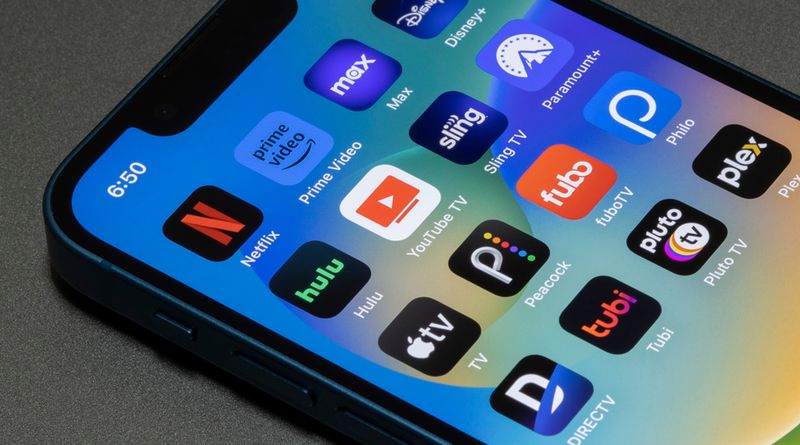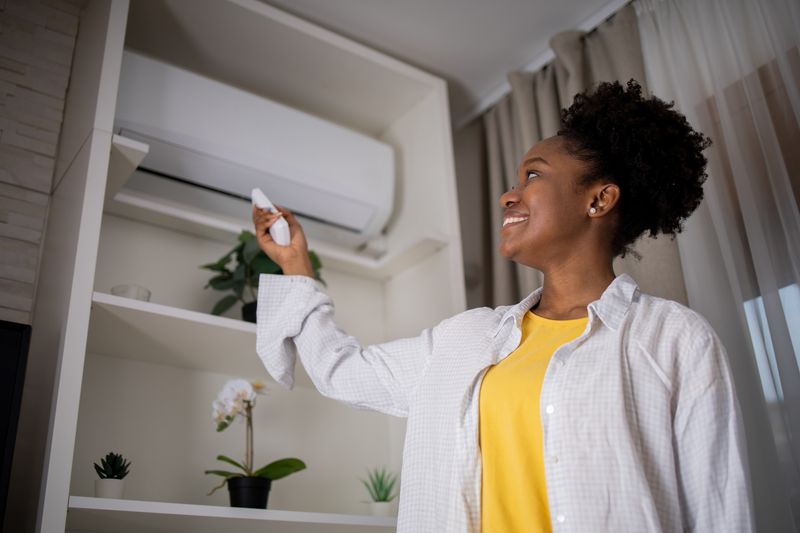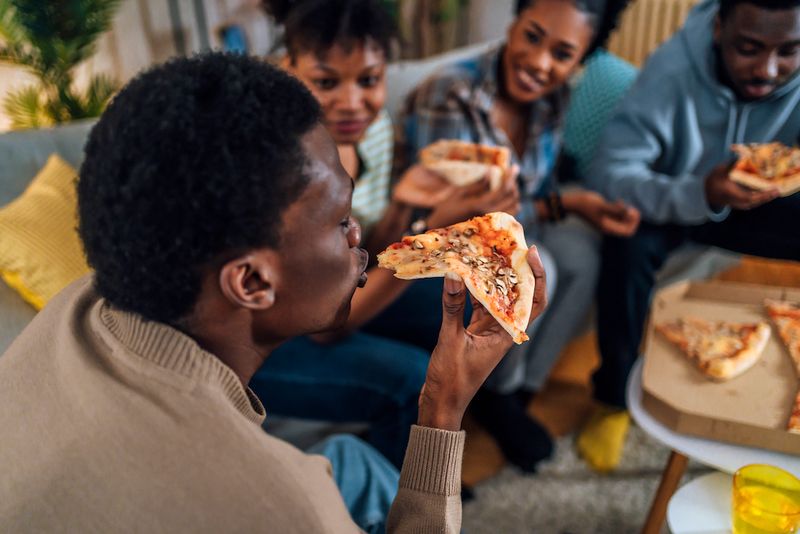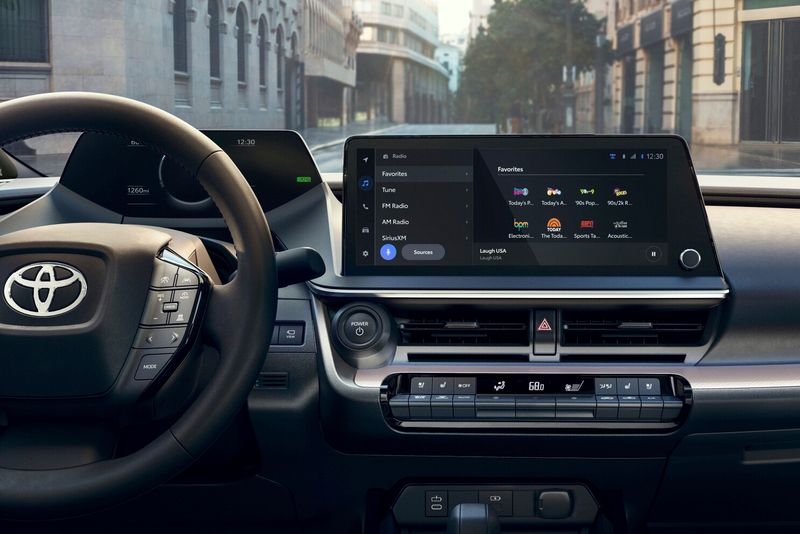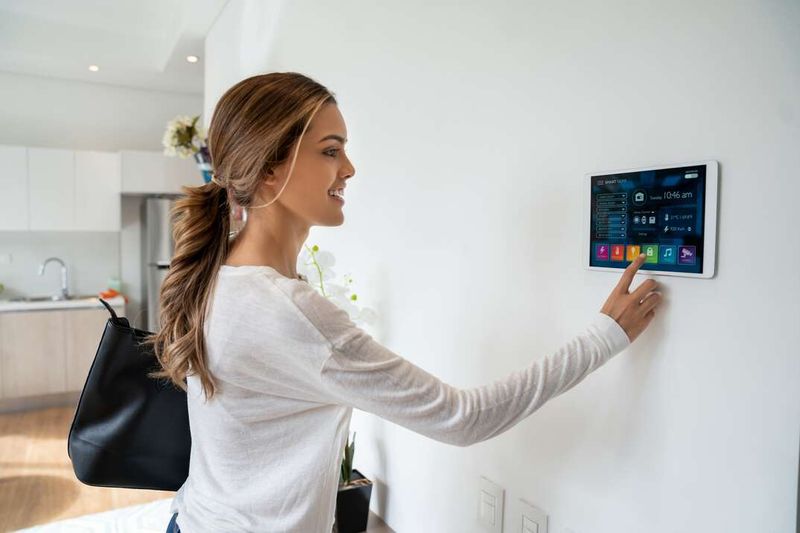In today’s rapidly evolving world, generational perspectives on what constitutes a luxury can vary significantly. Millennials, who grew up in the digital age, often view certain amenities as basic necessities, whereas older generations may still classify them as luxuries. This list explores 13 everyday essentials that millennials consider indispensable, yet boomers might still see as indulgences. From the ubiquity of high-speed internet to the convenience of food delivery services, these items reflect a shift in priorities and lifestyle preferences.
1. High-Speed Internet Everywhere
High-speed internet is the backbone of modern communication and work. For millennials, it’s not a luxury—it’s a necessity. The idea of waiting for a webpage to load or a video to buffer is practically unthinkable. In a world where remote work and digital social interactions are commonplace, reliable internet access is as crucial as electricity. Boomers might remember the days of dial-up, but today’s young adults expect seamless connectivity at all times. This shift highlights how integral the internet has become in daily life, from streaming movies to conducting video calls.
2. Smartphones with Unlimited Data
Smartphones are not just devices; they are lifelines. For millennials, unlimited data plans are as essential as the air they breathe. Being constantly connected means access to endless information, social networks, and entertainment at their fingertips. Older generations might see these devices as fancy gadgets, but for today’s youth, they’re a primary tool for navigating life. From GPS for navigation to apps for every conceivable need, smartphones with unlimited data have redefined mobility and convenience. They’ve transformed from luxury items to everyday essentials in just a few decades.
3. Streaming Services (No Cable Required)
Gone are the days of scheduled programming and cable TV. Millennials prefer streaming services that offer flexibility to watch what they want, when they want. With services like Netflix and Hulu, the traditional cable box seems archaic. This change symbolizes a broader shift towards personalized entertainment experiences. Older generations might hold onto their cable subscriptions, but millennials are all about on-demand content and binge-watching series. This embrace of streaming technology is a testament to their desire for immediate access and variety in entertainment options.
4. Air Conditioning in Every Room
Air conditioning is seen by millennials as a standard household feature, not a luxury. In warmer climates, having cooling systems in every room is a necessity for comfort and health. Boomers might recall a time when fans or open windows were the norm, but today’s younger generation values the consistency of a climate-controlled environment. Air conditioning has become synonymous with modern living, ensuring that homes remain cool during heatwaves. It’s more than just a convenience; it’s a part of maintaining a comfortable living space in today’s world.
5. Frequent Takeout and Food Delivery
The convenience of takeout and food delivery has redefined dining for millennials. Frequent ordering isn’t just about avoiding cooking; it’s about enjoying diverse culinary experiences at home. While boomers might see regular dining out as a treat, younger generations embrace it as a lifestyle choice. Apps like Uber Eats and DoorDash have made access to restaurant-quality meals more accessible than ever. This trend reflects a shift in how millennials prioritize time and convenience, valuing the ability to savor their favorite dishes without leaving their living rooms.
6. New Cars with Built-In GPS and Bluetooth
Modern cars are as much about technology as they are about transportation. For millennials, features like built-in GPS and Bluetooth are standard, not extras. These technologies enable hands-free communication and seamless navigation, enhancing safety and convenience. Boomers might remember when these features were high-end add-ons, but today, they’re expected. This shift underscores how technology integration has become a crucial part of automotive design, reflecting millennials’ desire for connectivity and ease in their driving experiences. Cars have evolved from simple vehicles to advanced mobility solutions.
7. Working from Home Options
The concept of working from home has gained immense popularity among millennials. Once considered a perk, it’s now seen as a standard option for many in the workforce. With advanced technology facilitating remote work, millennials appreciate the flexibility it provides. Boomers might be accustomed to traditional office settings, but younger generations thrive in environments that allow them to balance work and life. This trend highlights a shift toward valuing productivity over presence, where results matter more than physical location. Telecommuting represents a new era in work culture.
8. Smart Home Devices
Remember when clapping to turn lights on and off was futuristic? For millennials, smart home devices are the norm. These gadgets offer seamless control over everything from lighting to security, making daily life more efficient.
With voice-activated assistants, millennials can multitask with ease. Boomers might see this as indulgent, but for the tech-savvy young generation, it’s simply how life should be.
Did you know that the smart home market is projected to reach $53.45 billion by 2022? This growth underscores the integration of technology into everyday routines.
9. Mental Health Services and Therapy
Millennials prioritize mental health more than previous generations. Therapy and counseling are no longer taboo topics but essential services for maintaining well-being. Boomers might have viewed these services as luxuries, but younger adults see them as integral to health care. This shift reflects broader societal changes towards understanding mental wellness. By normalizing therapy, millennials are leading the way in breaking stigmas and highlighting the importance of self-care. This emphasis on mental health represents a significant cultural change, showcasing a commitment to a balanced and healthy lifestyle.
10. Subscription Boxes (Groceries, Clothes, Pets)
Subscription boxes offer a surprise delivery of curated items right to your door. For millennials, they are more than convenience—they’re a way to discover new products and trends. From groceries to fashion, these boxes cater to diverse interests. Boomers might see them as unnecessary, but younger generations value the personalization and excitement they bring. The popularity of subscription services highlights a shift towards curated consumer experiences, reflecting millennials’ desire for unique and tailored products. These boxes have transformed shopping into a delightful anticipation event.
11. Eco-Friendly Products (Organic, Recycled, Sustainable)
Eco-friendly products are not just a trend—they’re a movement. Millennials champion sustainability, seeking organic, recycled, and sustainable options in their purchases. While boomers might have viewed these products as niche or pricey, younger generations see them as essential. This shift underscores a commitment to environmental responsibility and conscious consumerism. From biodegradable packaging to sustainable fashion, millennials are driving demand for products that align with their values. This emphasis on eco-friendliness reflects a broader desire to make a positive impact on the planet.
12. Affordable Access to Fitness (Boutique Gyms, Apps, Classes)
Fitness has taken on new forms for millennials. With boutique gyms, apps, and online classes, staying fit is more accessible than ever. Boomers might recall traditional gyms as the norm, but younger adults value variety and flexibility. The evolution of fitness culture reflects a broader trend towards making health accessible and enjoyable. Whether it’s a yoga app or a high-intensity interval training session, millennials embrace options that fit their lifestyles. This adaptability highlights their commitment to maintaining health without the constraints of conventional gym memberships.
13. Regular International Travel or Weekend Getaways
For millennials, travel is about exploration and experience rather than luxury. Regular getaways, whether international or local, are considered essential for personal growth and relaxation. Boomers might see frequent travel as a luxury, but younger generations view it as an integral part of life. This shift is fueled by a desire to explore different cultures and create lasting memories. With the rise of budget airlines and travel apps, millennials have more opportunities to satisfy their wanderlust. Travel has become a way of life, reflecting a broader desire for adventure and discovery.



